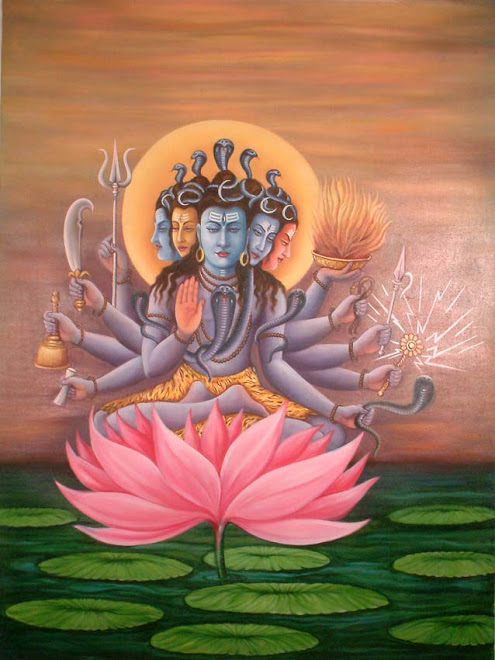 Never heard of The Post-Office Girl. Never heard of Stefan Zweig, who was, according to Wikipedia, one of the most popular writers in the world during his heyday, the 1920s and '30s. An Austrian Jew (by "accident of birth" he said), Zweig was born in Vienna in 1881 and died in Brazil in 1942 after fleeing the Nazis in 1934 for England, then New York, then Brazil. He and his second wife committed joint suicide because, he wrote in his suicide note, he was more and more depressed by the growth of intolerance, authoritarianism, and Nazism, and he felt hopeless for the future of humanity.
Never heard of The Post-Office Girl. Never heard of Stefan Zweig, who was, according to Wikipedia, one of the most popular writers in the world during his heyday, the 1920s and '30s. An Austrian Jew (by "accident of birth" he said), Zweig was born in Vienna in 1881 and died in Brazil in 1942 after fleeing the Nazis in 1934 for England, then New York, then Brazil. He and his second wife committed joint suicide because, he wrote in his suicide note, he was more and more depressed by the growth of intolerance, authoritarianism, and Nazism, and he felt hopeless for the future of humanity.Not a fun guy. And not a fun read. But a compelling one. The book, published posthumously in 1982, tells the story of Christine Hoflehner, a post-office clerk in poverty-stricken, post World War I Austria. She lives in a stuffy, damp rented attic room that she shares with her ailing mother, her father and brother both having perished in the war. She works like a drone in her stultifying post office job. She makes barely enough to keep herself and her mother from starvation. And she has no hope for the future.
 |
| Zweig |
It was not an easy story to read, but such an interesting one, not least because I've read so little about that time in European history, and never a story set in Austria. The awful poverty and sheer desperation of that time, the incredibly difficult recovery from the devastating war, and the losses upon losses it engendered...it's a world that seems to have no connection whatsoever to the swinging Jazz Age of America in the 1920s. The idea that F. Scott Fitzgerald's Gatsby and Zweig's Christine Hoflehner could be living at the same time is hard to grasp.
The story takes unexpected twists and turns that continually surprise. And the ending, if it can be called that, is somehow both completely ambiguous and strangely satisfying. It's a book that stays with you, hauntingly, sadly, movingly, for a long time.

No comments:
Post a Comment